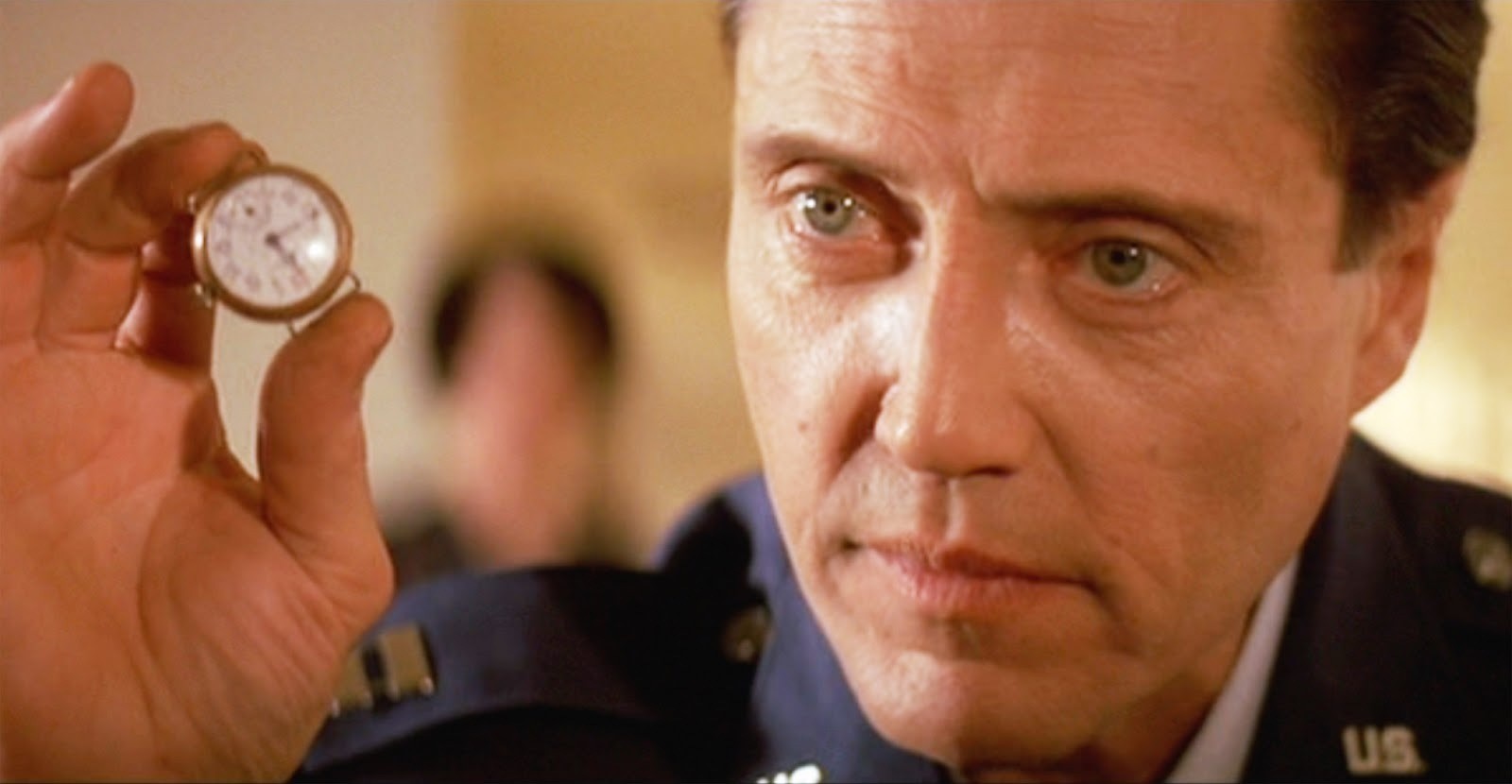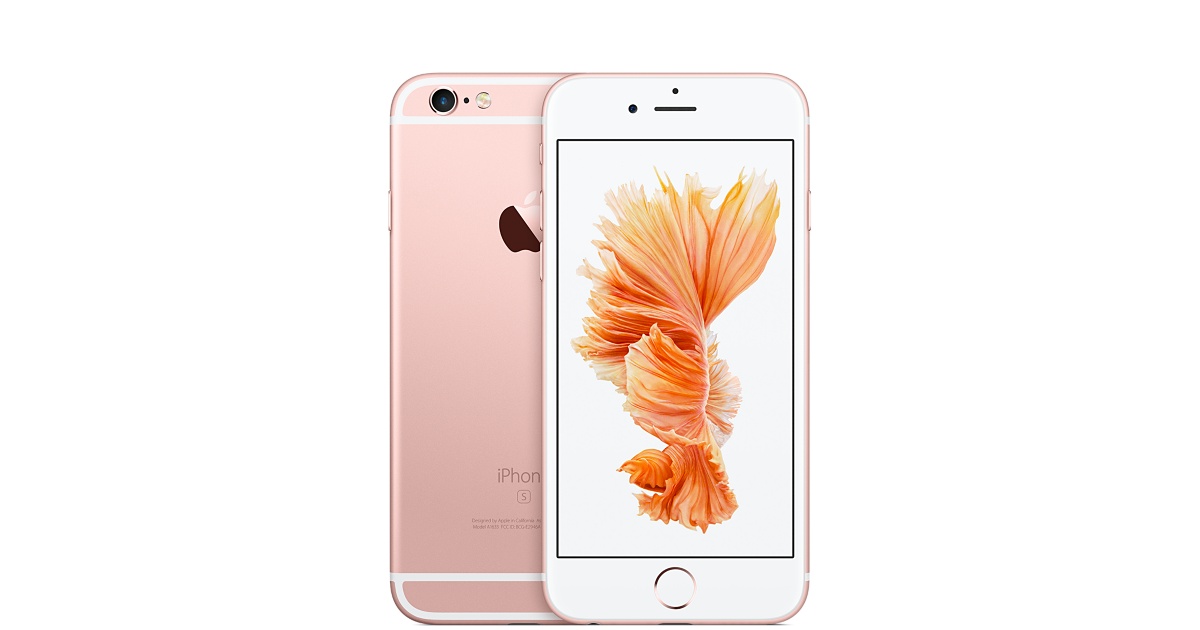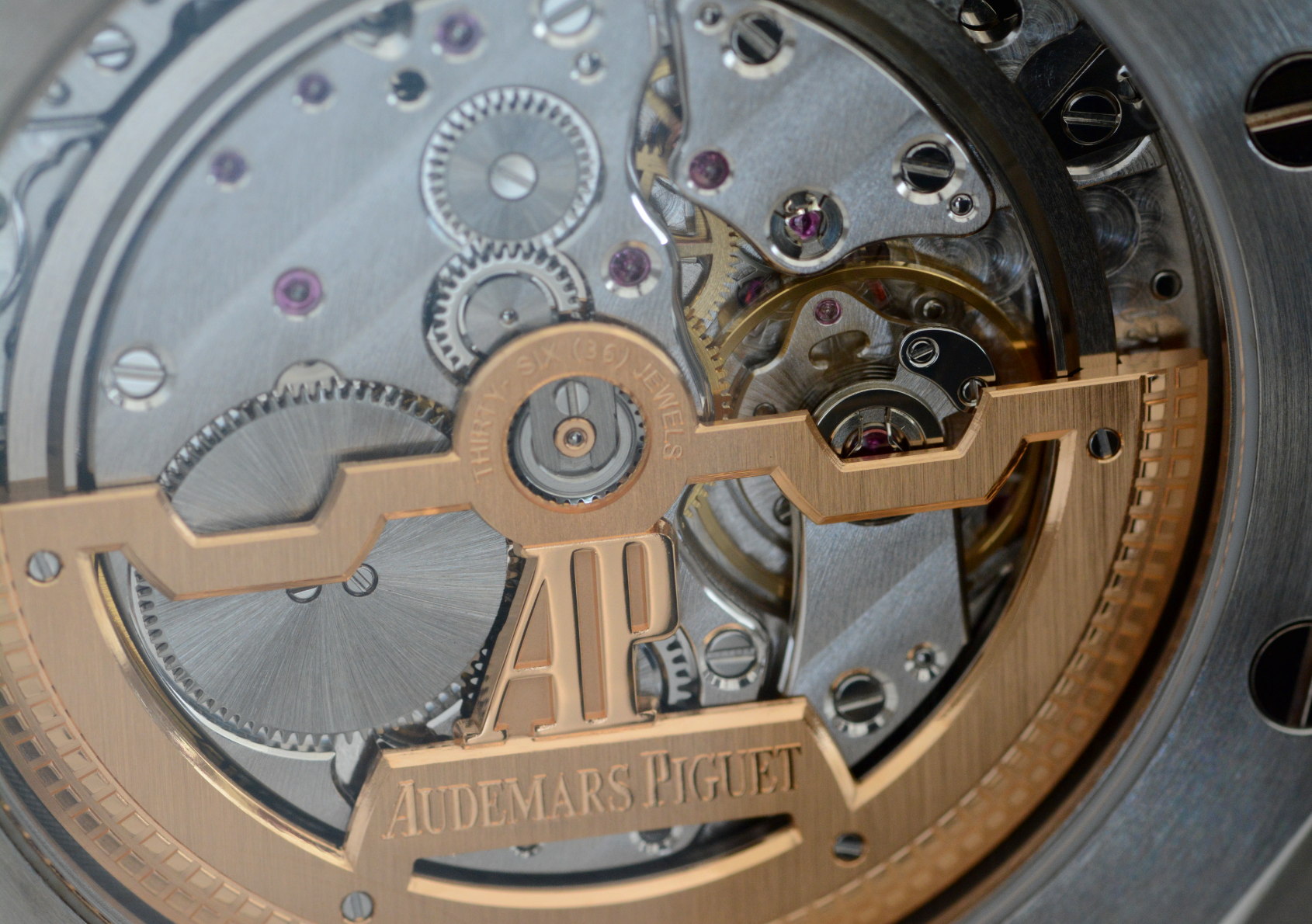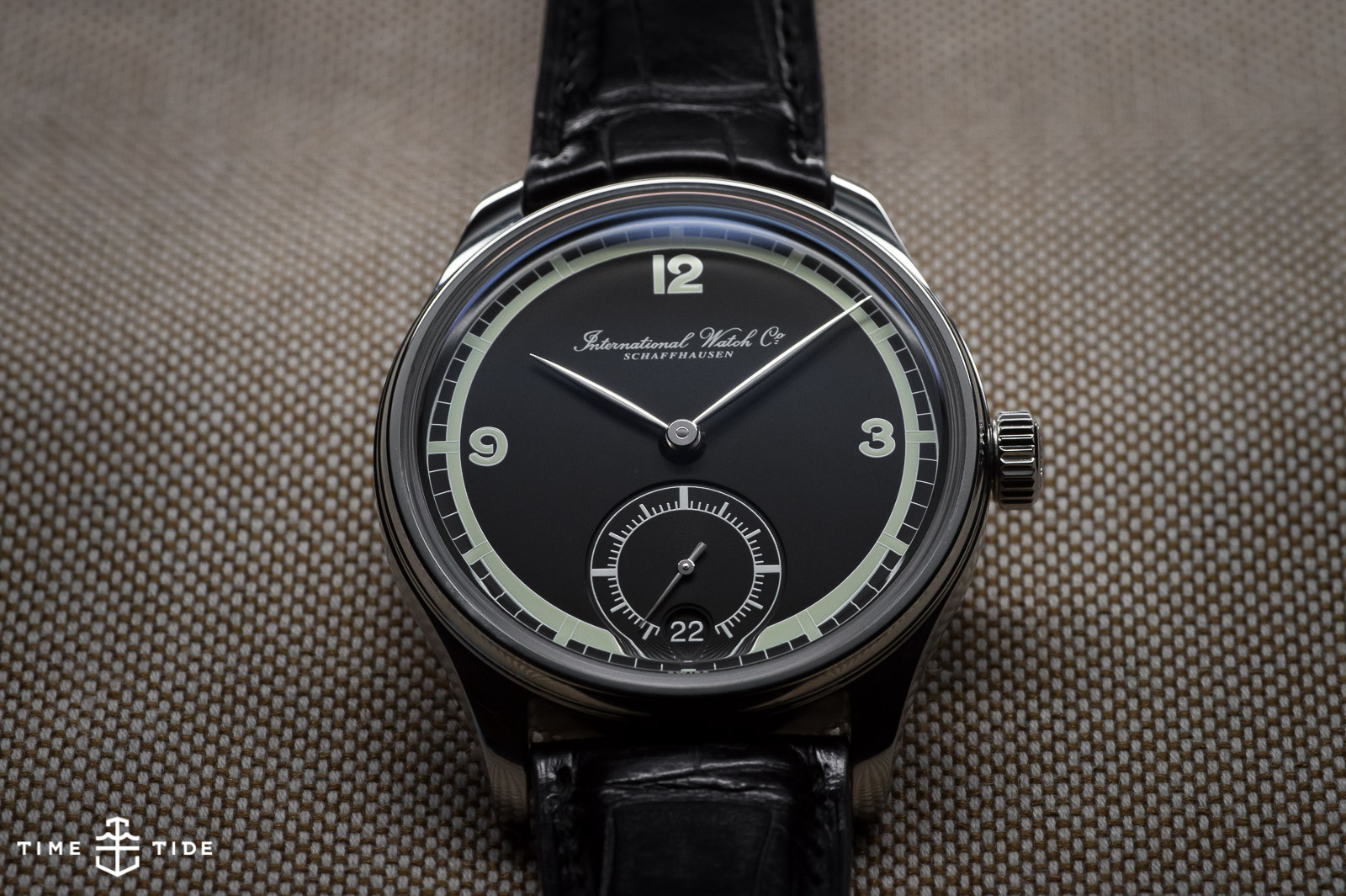OPINION: Why wristwatches are more relevant than ever
Sean DingIn 2019, the President of the United States sends foreign policy updates live to your phone. You can order takeaway from a mountaintop, and toilet seats can perform health checkups. At first, this seems to be a net positive for humanity. However, it has made it incredibly difficult to disconnect from the world around us and slow down, and in an age where my boss can remotely access and dictate my schedule from now until eternity, I take comfort in knowing that there is one place left, from which he cannot steal my time.

Wristwatches speak to us from what feels like a bygone era, and counsel us with their old-world wisdom. “Slow down,” my watch advises in a Christopher Walken-like drawl. “Walk. Don’t run. It’s your time.” Whether it’s the graceful sweeping seconds of a mechanical, or the hypnotic tick of a quartz, traditional wristwatches have the ability to yank us from the fast-paced world we live in, and force some perspective onto us. Most nights before bed, I take off my watch, place it by my ear on the pillow, and practice breathing. I often wake up with an imprint of a buckle on my left cheek.

Obviously, this anecdotal sappiness has no empirical basis. There is no scientific research (that I’m aware of …) demonstrating a causal link between improved mental health and wearing a traditional wristwatch, but the broader philosophical point I’m making will hopefully resonate with many of you.
Making a deliberate effort to wear a traditional wristwatch represents an underlying yearning for something simpler. As we rush from appointment to appointment and juggle various necessary but overwhelming commitments, making a conscious effort to look at your wrist instead of your phone for the time can make a small but meaningful difference. It offers the briefest respite from the chaos of life around you. If you’re lucky and you have something nice on your wrist, you may even lose yourself for a moment longer. The instantaneous read-out offered by your phone is just another way our devices greedily steal from us any moment they can. It is control masquerading as convenience, and every time we choose the screen over the dial, we fall deeper and deeper into the trap.

I’m aware that this is beginning to sound like a manifesto on rejecting the terms and conditions of our modern-day social contract. Let me assure you that it is not, because when it comes to watches, the practical and sentimental are not separate worlds locked in a constant trade-off. The emotional armour of a wristwatch continues to provide practical protection, in ways that are easy to forget in a technologically driven age. Whereas a phone will hold its battery life hostage on an almost daily basis (almost exclusively during the most time-sensitive situations), a mechanical wristwatch will function so long as you’re alive. Moreover, glancing at a phone to check the time might be considered rude in many formal or even casual settings. A watch, however, attracts no such criticism (no parent has ever uttered the words, “no watches at the dinner table!”).

But the point that hits home hardest for me is that wristwatches, and the world of analogue in general, taught me a sense of independence and ownership that has allowed me to thrive today. I remember keenly the literal hours my mother would spend teaching me to read the time, using a toy clock. Learning to read the time as a four-year-old made me feel like a grown-up. It gave me a sense of knowing my place in time and space, and gave me some sense of control over my very small but rapidly expanding world.

So to this day, I tell time the way my mum taught me to do it. Minute hand, then hour hand. How many minutes past? Doesn’t matter, I’ll eyeball it. This isn’t about losing efficiency or accuracy: the marginal benefit I gain from knowing the precise time, thanks to my phone, is not enough to justify the constant notifications. This is about acknowledging that I have agency over how I choose to allocate my time. This is about recognising that no matter how busy life gets, you can always afford the extra second or two it takes to figure out the hands on the dial.




